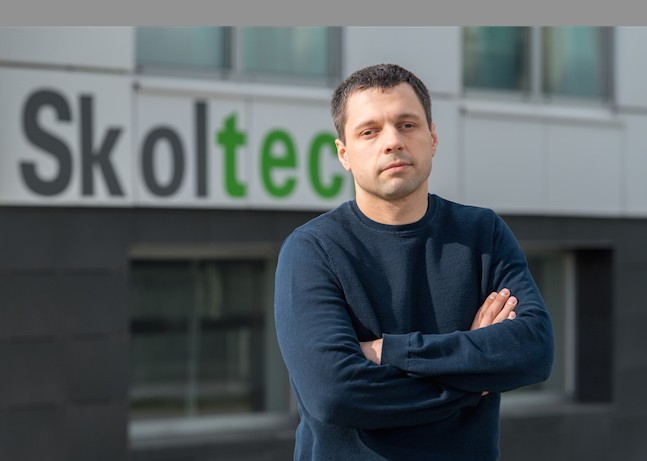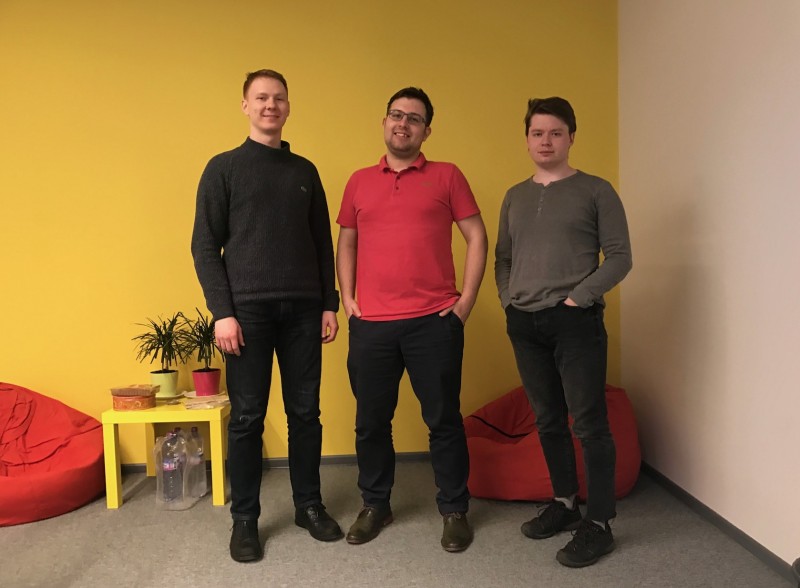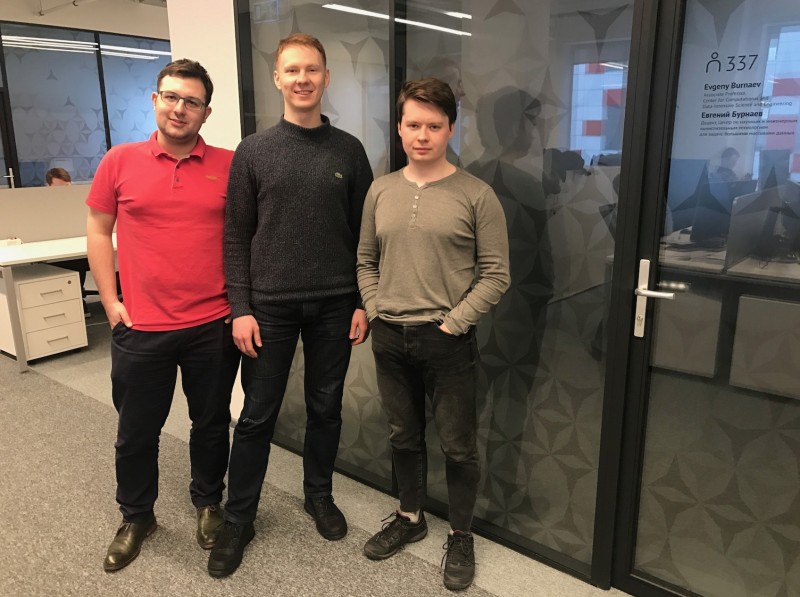
Evgeny Burnaev, Associate Professor, Skoltech Center for Computational and Data-Intensive Science and Engineering
Team ADASE from Skoltech Center for Computational Data-Intensive Science and Engineering (CDISE) took the prize-winning place in a hackathon on data analysis devoted to industrial security held by Kaspersky Lab. The team was formed by Skoltech PhD students (N. Klyuchnikov, I. Nazarov and D. Smolyakov), who are the members of the same-name scientific group ADASE (Advanced Data Analytics in Science and Engineering) of prof. Evgeny Burnaev. The scientific group is specialized in the development of machine learning methods for industrial applications.
The hackathon of this type was conducted for the first time. During the on-site stage of the competition the participants were to deal with intrusions in the production process at the chemical plant by analyzing dataflow from controllers of Computer-Aided Process Control System obtained via Industrial DPI (Deep Package Inspection).
The data were in the form of multidimensional time series, which represented both stationary and transient processes. Because of that peculiarity, the detection of intrusions became quite sophisticated. In addition, there were loads of data to process (about 40 Gb), which brought technical complexity in the competition.
The participants had to apply machine-learning techniques in order to identify anomalies in the provided data, which can indicate intrusions, and build models for detecting attacks.

For participation in the on-site stage there were selected 30 teams out of more than a hundred ones from the qualifying stage. Each team consisted of 2-4 members.
Evgeny Burnaev: My colleagues and I, the members of the scientific group ADASE, are working on methods of Machine Learning and their applications for industrial analytics. This competition provided to us a particularly valuable opportunity to test the algorithms we have developed and to compare their accuracy with that of algorithms, developed by other participants.
Our result, the 3rd place out of 30 selected teams for the on-site stage, is a good achievement, especially when among our competitors there were colleagues specialized in professional participation in machine learning competitions.
Nikita Klyuchnikov: Concerning applied significance of anomaly detection algorithms, they are essential not only for detecting intrusions, but also for solving problems of predictive maintenance.
The main goal of predictive maintenance is to detect unwanted changes (anomalies) and to predict failures in complex engineering systems (e.g. engines, gas turbines, etc.) using data collected from sensors.
Currently we are actively developing different methods for detecting anomalies and predicting rare events, we apply them for solving problems in various fields of science and engineering.

